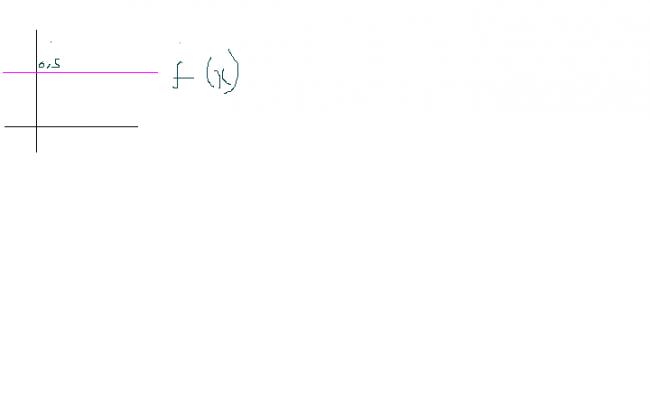If f(x) is a constant function and attain only rational values ..then it can be concluded that the function is constant ..ie f(x) = 5..
so the eqn becomes 5x2 + 5x + 5 = 0
since D < 0..
So ans is C//
If f(x) is continuous function and attains only rational values. If f(0) = 5, then roots of
the equation (f(0))x2 + f((5))x + f(3) = 0, are
1. Real and equal
2.Real and unequal
3. Non-real complex cubic roots of unity
4. Irrational
-
UP 0 DOWN 0 0 3

3 Answers
govind
·2010-02-14 07:27:52
